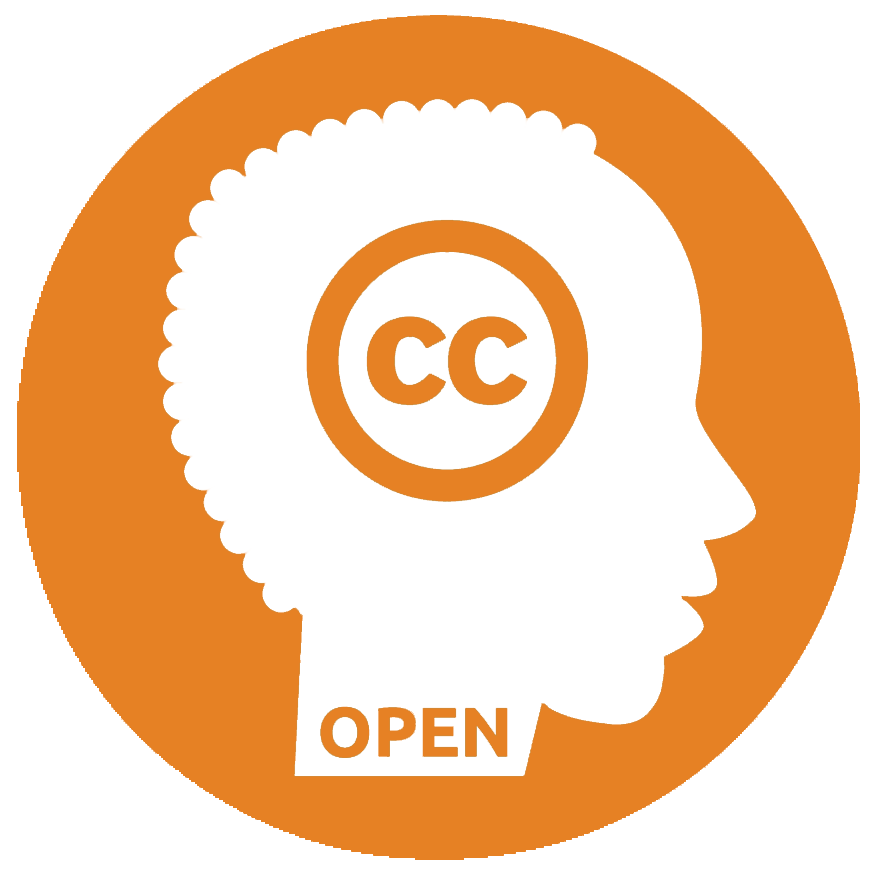Your search
Results 6 resources
-
Digital game-based learning (DGBL) is known to be widely used for improving learning in various fields. Among the elements of DGBL, competition has been very controversial. This meta-analysis, which included 25 articles written between 2008 and 2019, revealed that DGBL has produced improvements for learning outcomes with an overall effect size of .386. In addition, we explored multiple moderators to understand how competition in DGBL influenced student learning for different learners,...
-
Based on systematic research of studies published since the year 2000, this comprehensive metaanalysis investigated how the use of technology can enhance learning in secondary school mathematics and science (grade levels 5–13). All studies (k ¼ 92) compared learning outcomes of students using digital tools to those of a control group taught without the use of digital tools. Overall, digital tool use had a positive effect on student learning outcomes (g ¼ 0.65, p < .001). The provision of...
-
Giving a student control over their learning has theoretical and intuitive appeal, but its effects are neither powerful nor consistent in the empirical literature base. This meta-analysis updated previous meta-analytic research by Niemiec, Sikorski, and Walberg by studying the overall effectiveness of providing learner control within educational technology, the characteristics of instruction along the continuum of learner control, and elements of the instructional environments that may play...
-
Substantial disagreement exists in the literature regarding which educational technology results in the highest cognitive gain for learners. In an attempt to resolve this dispute, we conducted a meta-analysis to decipher which teaching method, games and interactive simulations or traditional, truly dominates and under what circumstances. It was found that across people and situations, games and interactive simulations are more dominant for cognitive gain outcomes. However, consideration of...
Explore
Instructional domain (subject)
- Literacy (2)
- Mathematics (3)
- Multiple (4)
- Science (2)
- Social Studies (1)
- STEM (1)
Education Level and Type
- ECE 0-7 (2)
- High school 16-18 (3)
- Informal education (1)
- K-12 (2)
- Middle school (1)
- Primary 7-10 (3)
- Secondary 11-16 (3)
- Tertiary (2)
Groups of students
- _No mention (2)
- At-risk (1)
- Learning difficulties (2)
- Low-performing (2)
- typically-developing students (1)
School or home
- _No mention (2)
- Mixture (1)
- School (1)
Moderating variables
Tech Hardware
- Computer (2)
- Multimedia (1 or more) (2)
Tech Software
- Audio books (1)
- Building blocks (1)
- Computer-Assisted Instruction (CAI) (2)
- Digital Media (audiovisuals) (1)
- Game learning
- General apps (3)
- Graphic organisers/Visualisations (1)
- Serious games (1)
- Simulations (3)
- Tutorials (2)
- Virtual manipulatives (1)
- Virtual Reality (2)
Tech mechanism
Learning Approach
- _No mention (3)
- Blended learning (1)
- Classroom learning (1)
- Remote learning (1)
Teacher Pedagogy
- _No mention (2)
- Game-based learning (1)
- Group learning (2)
- Scaffolding (1)
- Self-paced (no teacher) (1)
Research methods
Effect size/ heterogeneity
HIC/LMIC
- HIC (high income) (3)
- Mixture or unknown (4)
Quality of research
Geography if specific
- _no mention (2)
- Mixture (1)
- Taiwan (1)
- Turkey (1)

